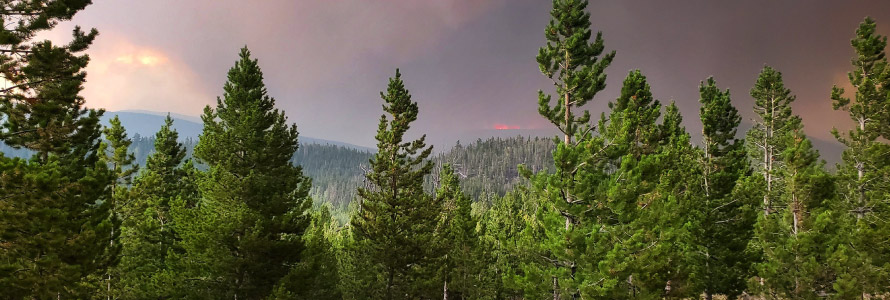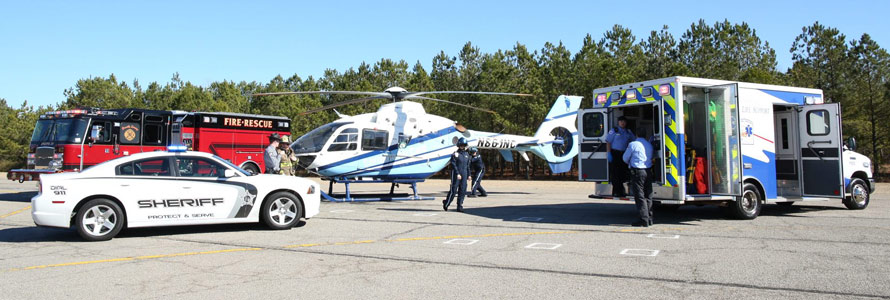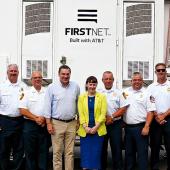Last year, firefighters on the west coast battled a relentless string of fires prompting mass evacuations, destroying thousands of homes and threatening dozens of communities. As the fires and the pandemic continue to pose a double threat, FirstNet worked as it was intended by giving first responders prioritized and preemptive service to make sure that emergency communications always comes first. FirstNet prioritizes first responder communication ahead of non-emergency communications – and that has made all the difference in keeping firefighters safe as they protect communities and save lives.
Blog
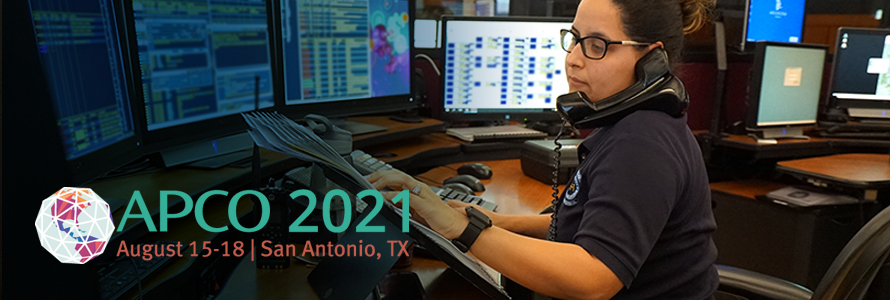
At APCO International’s Annual Conference and Expo, stakeholders from across disciplines come together to discuss topics impacting emergency telecommunications. For the second year, the FirstNet Authority will participate and lead sessions in a FirstNet-specific track, highlighting how the network is supporting emergency communications centers.
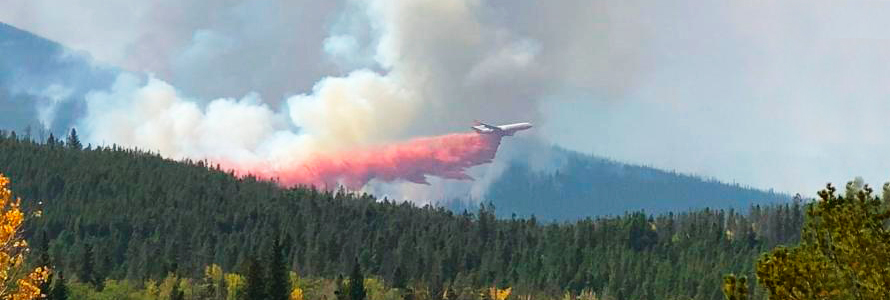
At the First Responder Network Authority (FirstNet Authority), our goal is to support public safety in operationalizing their network, FirstNet, and ensure it continues to evolve to meet public safety’s communications needs. As part of our engagement efforts, we spoke to several wildland firefighters and agencies about lessons learned of using public safety broadband for combatting wildfires. Here are their takeaways and key things to keep in mind when it comes to using FirstNet to support the frontlines.
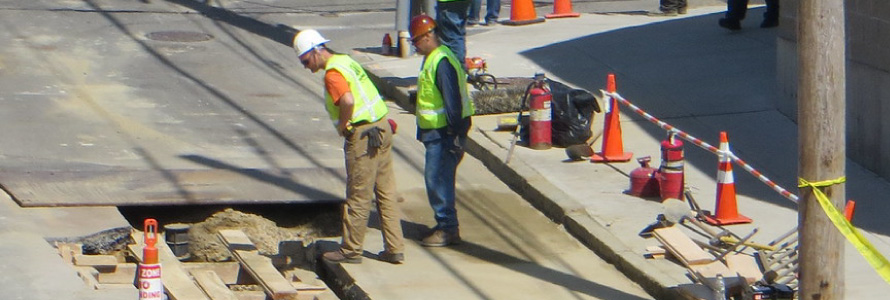
Atmos Energy, headquartered in Texas, provides natural gas services across eight states. FirstNet is supporting Atmos Energy during daily operations and in the aftermath of major disasters, such as Hurricane Laura in 2020. The network keeps teams connected as they work to restore services and helps them better serve their communities.
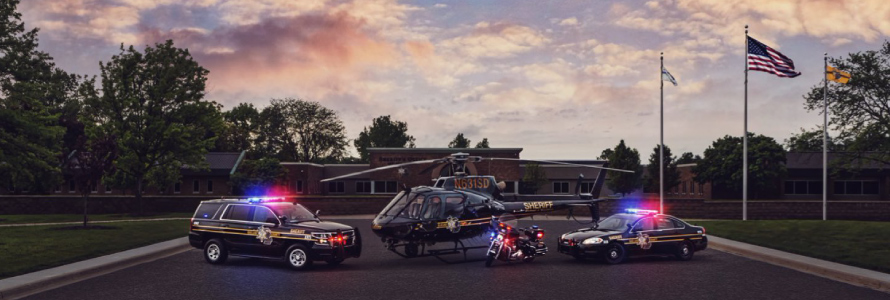
Law enforcement agencies in Michigan are taking advantage of mission critical capabilities on FirstNet, such as priority and preemption. For the Grand Rapids Police Department and the Oakland County Sheriff’s Office, this means officers and deputies are able to communicate and have access to the tools they need in the field, ultimately helping them better serve their communities.


